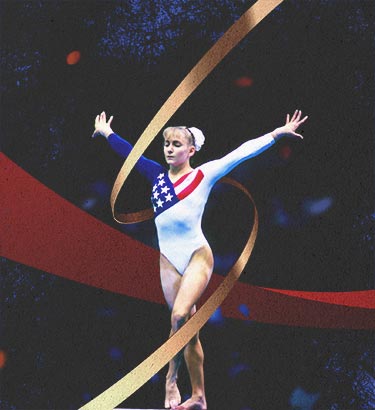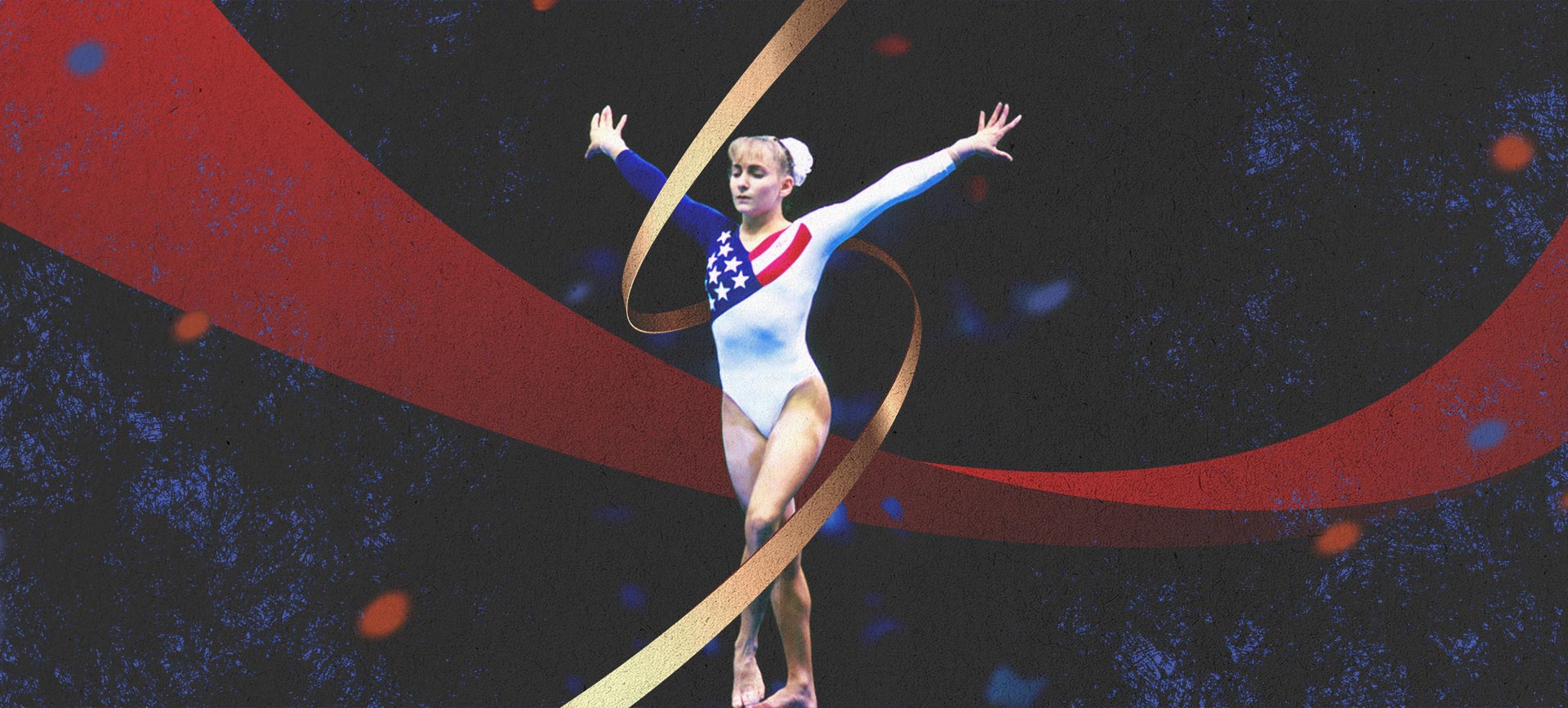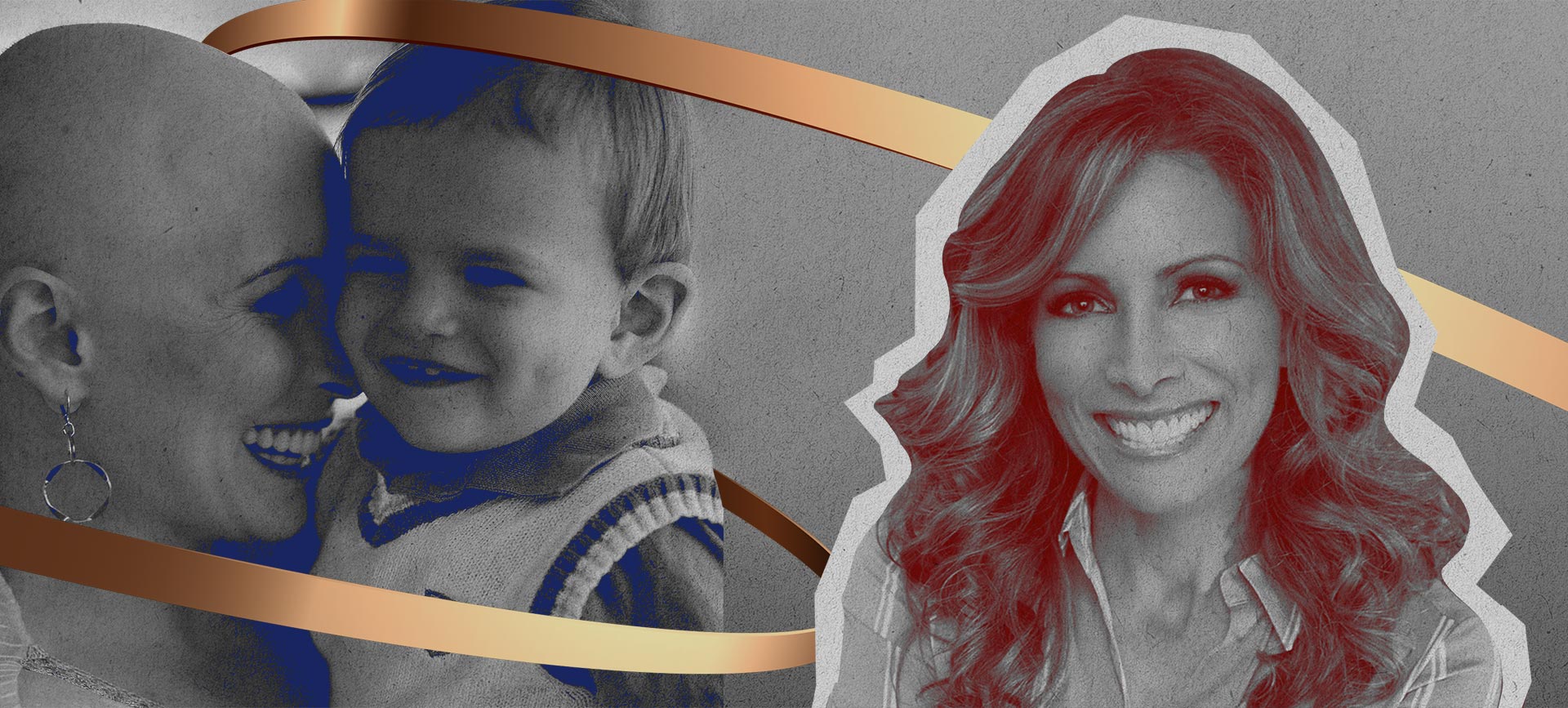Tell us how you found out you had ovarian cancer.
Miller: My cancer journey began with a doctor's visit that I almost canceled.
I was already involved with women's health and advocating about the importance of focusing on our personal health, whether it's fitness, nutrition, sleep or getting to our regular doctor's appointments. So, I admit, wanting to "walk the walk" played a part in getting me to that appointment; one that saved my life.
My doctor found a baseball-sized cyst on my left ovary which snowballed into weeks of tests and scans. By January 2011, I was waking up from surgery to find out it was a rare form of ovarian cancer. The good news was that they caught it early. However, it was a higher-grade malignancy than they initially thought, and I then went through an aggressive chemotherapy regimen which would give me the best chance of nonrecurrence.
How did you juggle being a parent to a toddler with the ups and downs of recovery?
Post-surgery was the first phase of recovery. It was an invasive surgery which required weeks of recovery. During that time, I was also trying to get as healthy as I could in preparation for chemotherapy.
It's important to remember that everyone's chemo experience is different and there are a variety of regimens. For me, I can easily say that it's the toughest thing I have ever had to do physically, mentally and emotionally.
Physically, I was dealing with the nausea, fatigue and neuropathy. Those things can make day-to-day activities nearly impossible. Most of us think of fatigue as "just being tired." I explain the fatigue as that moment when I would lie in bed feeling like each of my limbs weighed 1,000 pounds, trying to will myself to move my right leg over six inches so it would fall off the side of the bed, and I would be able to use that momentum to sit up. It seems crazy now, but at the time, that was my thought process on many days.
Trying to keep up with our son, who was around 18 months old at the height of chemo, was a challenge. However, the emotion of often being too exhausted or nauseous to truly engage with him was the toughest. I wanted to be full of energy for him, to give him my all and I just couldn't. I had to really take to heart this idea that focusing on my health was the best thing I could do for him. If I needed an extra nap, that was OK. If I wasn't super-chipper, that was OK. He didn't care if I had no hair or that I didn't dance around the living room. He just needed me to be there.
What were some of the most unexpected parts of your cancer journey?
There were some tough surprises throughout the journey; also, some wonderful ones. Overall, it was an emotional roller coaster.
My doctor had been upfront that I would lose my hair on this treatment, so I felt I was prepared. But I don't know if you can ever truly be prepared for that. I avoided thinking about it too much. It was simply something that was going to happen, and I would handle it. It was all very matter of fact in my mind until it actually began falling out. Not only was my head tender and cold, but I think there was so much emotion that had been balled up and stowed away inside me. I had been in competitive mode. Then the moment I saw my head shaved, the dam broke, the emotions came out and it was all suddenly very real.
However, I'm so thankful for so many that stepped up to help or reach out and share their stories or lend a helping hand. While I may not have expected some of the side effects, like how long it would take to have my energy back or feel clear-headed or keep down a meal, many of the unexpected moments were truly blessings.
I met, and continue to meet, wonderful people that do amazing work. I went from being a very shy, private person to talking about my ovaries! I was reminded of the importance of enjoying each moment to the fullest. Overall, I feel blessed; blessed to be here and blessed to play some small part in helping others make their health a priority.
You've been cancer-free for more than 10 years. What are the lessons from that time in your life that carried you through then and which you still lean on today?
I cannot believe it's been over 10 years. I am so grateful to so many who helped me get to this point. During my treatment, I relied on those lessons learned through sport: goal setting, teamwork, positive mental attitude and resiliency. They really are applicable to all areas of our lives.
Setting goals wasn't about gold medals, it was about getting through each step of the process or each week, even each day. During some of the toughest days of chemo, my goal might be to get dressed and walk twice around the dining room table or maybe do 10 minutes of gentle yoga. Teamwork was essential and understanding that not only was I surrounded by this incredible team of physicians, nurses, friends and family, but I was part of that team.
So each day, I focused on how I could take that next forward step. There are so many great lessons to lean on. I think that's what continues to inspire me to use my voice, gained through sport, to hopefully inspire others to keep up the good fight.
We don't have to be Olympic champions to utilize those valuable lessons.















